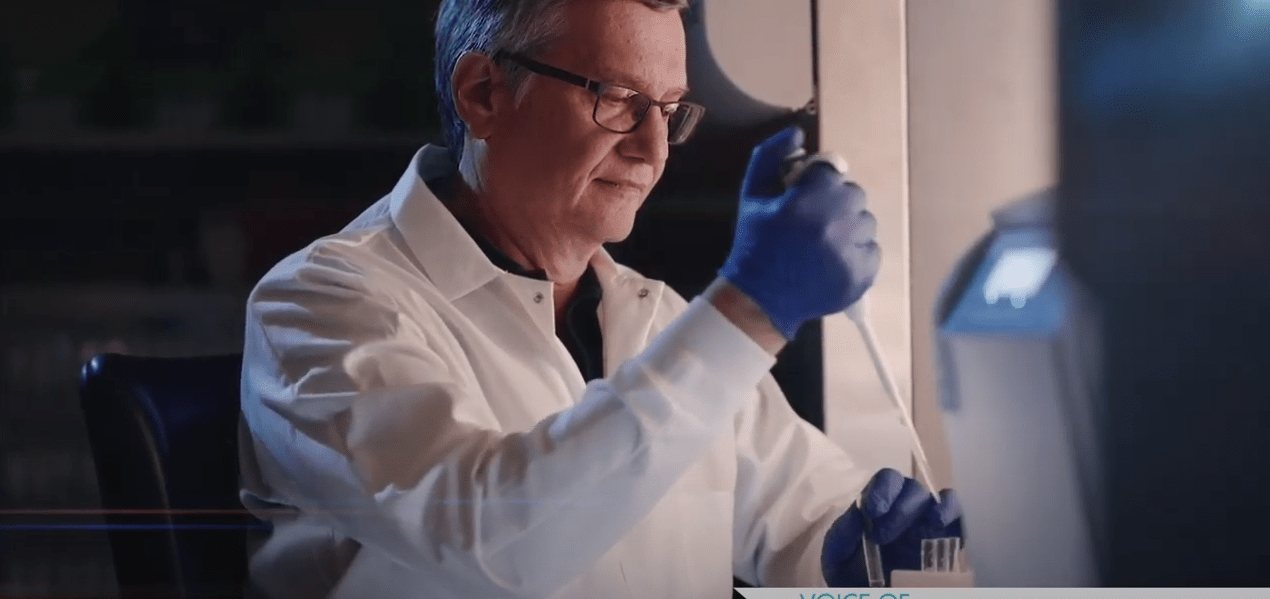Pathology & Lab Services
Your child’s provider may refer your child for lab tests to help diagnose or determine the right treatment for certain conditions. These tests may involve taking samples such as blood, urine, tissue, and other body fluids.
At Children’s Nebraska our board-certified pediatric Pathologists are specialty trained. They work directly with physicians to make and confirm diagnosis, as well as involved in identifying the appropriate laboratory testing for your child. Specially trained phlebotomy staff collect blood samples, while board-certified Medical Laboratory Scientists and Medical Laboratory Technologists process, analyze samples, and interpret test results.
Our Specialists
What Sets Children’s Apart?
The Pathology Department at Children’s is accredited by the College of American Pathologists:
- Our pathologists are the only pediatric pathologists in Nebraska.
- Our analyzing machines use small amounts of blood to complete tests.
- Our pediatric phlebotomists (blood draw specialists) are skilled at obtaining blood samples from infants and children.
- Our Medical Laboratory Scientist staff (MLS and MLT) are board certified in clinical laboratory science.
Our Services
A full spectrum of tests is available, including routine chemistry panels – blood tests to evaluate your child’s general health – and complete blood counts – blood tests to measure red blood cells, white blood cells, and platelets. As the only pediatric pathology provider in Nebraska, we offer diagnostic tests for:
-
Bone Marrow Disorders
Bone marrow tests examine the tissue and fluid in the bone marrow. A bone marrow examination is performed under anesthesia and requires taking a small piece of bone containing marrow from the hip bone through a hollow needle. -
Gastrointestinal Diseases
If your child’s physician suspects they have a gastrointestinal disease, blood, urine, and/or stool testing may be performed to determine a diagnosis. -
Genetic Testing
Genetic testing identifies changes in genes, that can be useful to confirm or rule out a suspected genetic condition. -
Infectious Diseases
When an infectious disease is suspected, multiple tests may be necessary to determine your child’s exact diagnosis. Depending on the test being ordered, a pathologist may need a sample of blood, urine, or other fluid or tissue. -
Leukemias And Lymphomas
In addition to bone marrow tests, blood and lymph node cancers (leukemias and lymphomas) may require diagnostic tests such as:- A lymph node biopsy (usually completed in an operating room) to find cancer cells in your child’s lymph nodes
- A lumbar puncture that involves carefully inserting a needle into the lower back to collect cerebrospinal fluid (CSF) – liquid found around the brain and spinal cord
- A urine test to measure the levels of chemicals, proteins, and blood cells in your child’s body
-
Pediatric Tumors
A biopsy can determine if a tumor is cancerous (malignant). After a surgeon obtains a sample of tumor tissue, it will be sent to our lab for analysis. The doctor may also order blood tests, bone marrow tests, or lumbar puncture, depending on the type and location of the tumor.
What to Expect When Getting Blood Drawn
What To Do Next
For Patients
Your child’s primary care provider or specialist will need to send orders to the hospital in order for us to perform the necessary testing.
Hours
Childrens Specialty Pediatric Center
Monday to Friday 7:00 a.m. to 5:30 p.m.
Saturday 8:00 a.m. to noon
More information about locations for other lab specimen drop-offs and blood draws can be found here.
For Referring Providers
The Physicians’ Priority Line is your 24-hour link to pediatric specialists at Children’s for emergency and urgent consults, physician-to-physician consults, admissions, and transport services. Call 855-850-KIDS (5437).
Learn more about referring patients.





